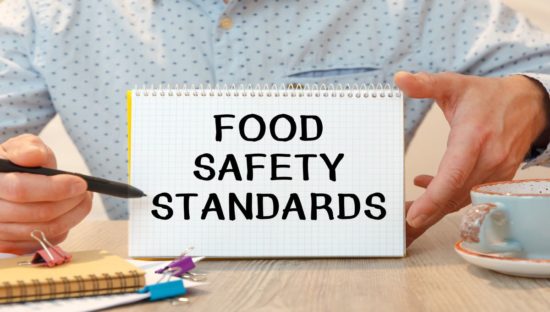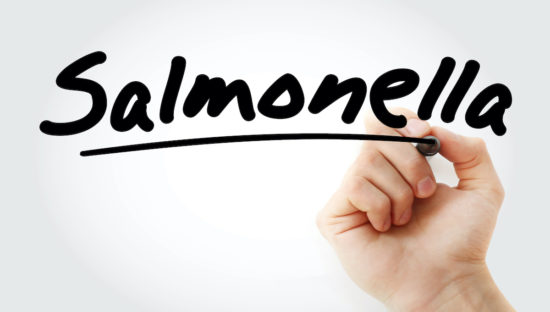An analysis of Salmonella Strathcona infections in Europe has found the majority belong to a yearly recurring outbreak.
In autumn 2011, a rare serovar was identified in an outbreak affecting multiple European countries, with the most cases in Denmark. Through consumer purchase data analysis, a case-control study and traceback investigations, the vehicle was found to be small tomatoes from Sicily.
In October 2023, Germany reported 46 Salmonella Strathcona infections since August 2023. Several other countries also had cases during the same period. Retrospective genomic analysis linked these infections to the 2011 incident.
Hundreds sick
Between 2011 and 2024, 643 outbreak cases were identified in 17 countries and almost half were reported in 2023 and 2024. Germany has the most patients with 229, followed by Denmark with 93 and Austria with 77. Switzerland and France both have 55 cases while England has 49.
The outbreak continued into 2025 with 29 confirmed cases from nine countries reported by September. The European Centre for Disease Prevention and Control (ECDC) will shortly publish updated figures.
During the past 14 years, a recurring seasonal pattern has been observed, with cases occurring from July to the beginning of the following year. Scientists said it was likely that tomatoes may have been the vehicle in most, if not all, of the years.
A study, published in the journal Eurosurveillance, revealed the median age of cases was 34 with a range of from less than 1 to 102 years old and 355 were females. Of the 417 patients with information available, 154 were hospitalized.
From 2011 to 2024, information about tomato consumption was available for a quarter of outbreak patients. Consumption of any tomato type was reported by 148 of 164 interviewed people.
Tomato producer in Sicily
As part of the 2023 outbreak investigation in Austria, organic cherry tomatoes sold in one supermarket chain were considered the likely food vehicle. This led to a Rapid Alert System for Food and Feed (RASFF) notification in January 2024.
With help from Italian food safety authorities, the production and distribution channels were identified. The implicated batch was likely produced by a certified organic primary production company in Sicily.
Official inspections at the company in Sicily, along with regulatory water analyses in February 2023 and January 2024, showed compliance with hygiene standards and water monitoring for vegetable cultivation.
Information from delivery invoices indicated that organic cherry tomatoes had been distributed to further suppliers in Italy, Poland and Slovakia, via a German operator.
In 2024, Italian food safety authorities issued a RASFF notification about a national outbreak in several schools, where Salmonella Strathcona was detected in a meal consisting of cherry tomatoes and pesto that had been consumed by the patients.
More than 300 cases were linked to primary schools and childcare facilities. Only some of these were confirmed as Salmonella Strathcona. Subsequent traceback pointed towards cherry tomatoes from Sicily as the common suspected food vehicle.
(To sign up for a free subscription to Food Safety News, click here)



